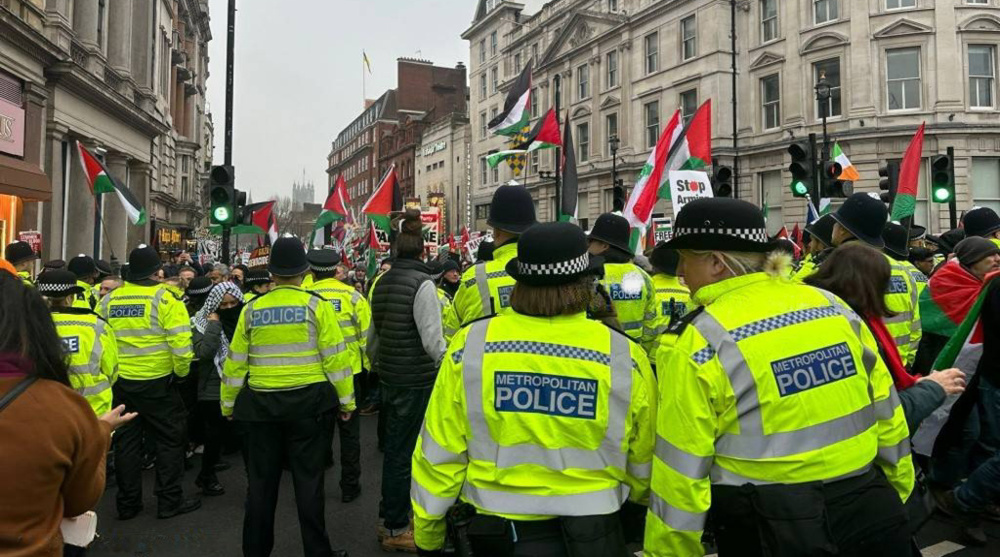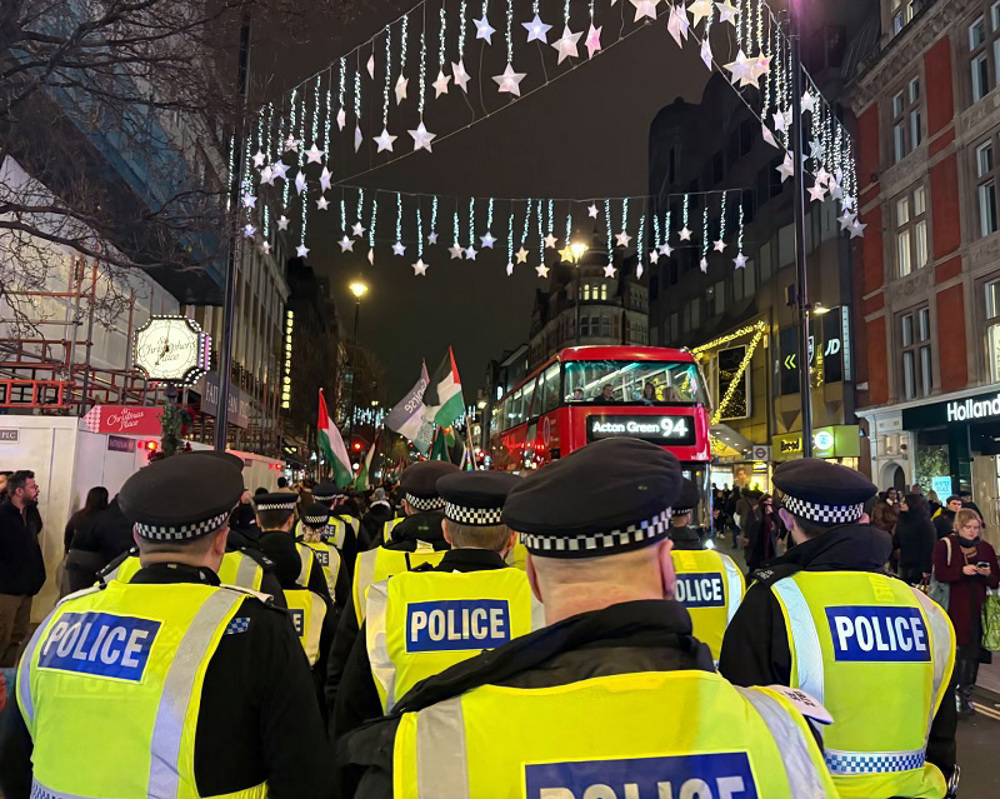UK Muslims no longer trust police due to discrimination: Burnham
The UK government’s so-called “Prevent” policy has alienated Muslims across Britain to a point that they no longer trust the British law enforcement, says prominent Labour lawmaker Andy Burnham.
Speaking at a conference organized by a non-profit called Muslim Engagement and Development (MEND), Burnham called for a “root and branch review” of the government’s constant monitoring of Muslim communities so that the real extent of Islamophobic crimes in the country could be measured.
“If people have a feeling that the bodies that they would go to are also simultaneously being asked to monitor them there’s a possible conflict of interest there isn’t there?” the shadow home secretary said.
“Then people won’t feel able to come forward and say exactly what’s happening to them and their family if they also feel they’re being monitored in some way,” he noted before proposing a third-party agency that would allow Muslims to bypass police when reporting a crime.
Last year, the UK Parliament passed the Counter Terrorism and Security Act, which introduced the so-called Prevent program as a strategy to keep people from becoming “radicalized.”
The over-exaggerated image of radicalism that was painted in the bill resulted in a wave of maltreatment against Muslims and prevented Muslim students from voicing their opinions in lectures and seminars for fear of being accused of extremism.
According to a study by MEND, a company that aims to enhance the engagement of British Muslims in national life, 61 percent of the Muslim participants said they had not reported workplace discrimination to anyone.
Burnham, who is Labour’s mayoral candidate for Greater Manchester, drew a comparison between the Prevent and France’s ban on the so-called burkini swimsuits, warning against falling “into the trap into which the French have fallen.”
Rights groups say the ban violates basic freedoms of dress, religious expression and movement and foments religious tensions in France.
“Our equivalent here, you might say, is Prevent: an approach to policy that singles out one community for different treatment. That is highly problematic, I would say,” Burnham noted.
“In the midst of all these figures we’ve seen, we know that it is Islamophobia that is absolutely the most virulent strand of this hate that is coming forward,” he continued.
Israeli military confirms soldier’s death in apparent suicide case
UN chief slams Israel for blocking utilities to UNRWA in Gaza
Israel launches airstrikes, artillery fire across Gaza on first day of 2026
VIDEO | Press TV's news headlines
Millions of Afghans face food insecurity
Israel killed 7,488 Palestinian students, educational staff during 2025
VIDEO | Festive celebrations held across China to welcome new year
Zohran Mamdani sworn in as first Muslim mayor of New York City










 This makes it easy to access the Press TV website
This makes it easy to access the Press TV website